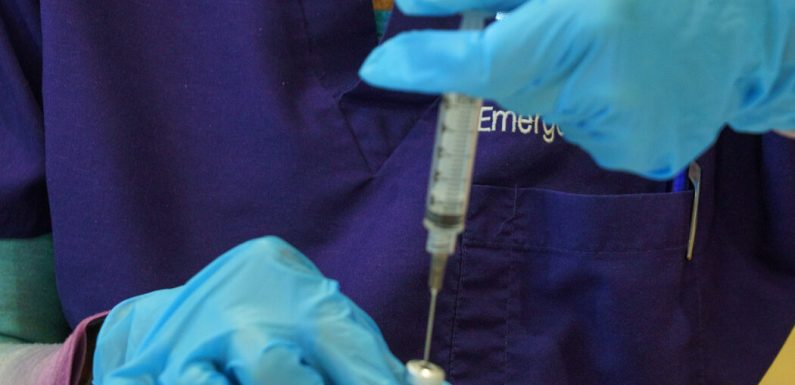
This week, the Biden administration strongly recommended booster shots for most vaccinated Americans, and the Centers for Disease Control and Prevention also released three studies that federal officials said provided evidence that booster shots of the Pfizer-BioNTech and Moderna coronavirus vaccines would be needed in the coming months.
Here’s what we know about booster shots — why Americans may need them and when they should get them:
The case for a booster shot
Taken together, the C.D.C. studies show that although the vaccines remain highly effective against hospitalizations and deaths, the bulwark they provide against infection with the virus has weakened in the past few months.
The finding accords with early data from seven states, gathered this week by The New York Times, suggesting a rise in breakthrough infections and a smaller increase in hospitalizations among the vaccinated as the Delta variant spread in July.
The decline in effectiveness against infection may result from waning vaccine immunity, a lapse in precautions like wearing masks or the rise of the highly contagious Delta variant, experts said — or a combination of all three.
The new studies indicate overall that vaccines have an effectiveness of roughly 55 percent against all infections, 80 percent against symptomatic infection, and 90 percent or higher against hospitalization, noted Ellie Murray, an epidemiologist at Boston University.
Who should get a booster shot and when?
Americans who received the Pfizer-BioNTech or Moderna coronavirus vaccines should get a booster shot eight months after their second vaccine dose, federal health officials said.
The boosters will be available beginning Sept. 20, if the Food and Drug Administration agrees to the plan. They will go first to health care workers, nursing home residents and older adults, who were the first to receive the initial round of vaccinations after they were authorized in December.
At this time, Federal health officials are still waiting to see if boosters will be recommended for those who received the Johnson & Johnson vaccine — they most likely will. But less data is available on the Johnson & Johnson vaccine, which was not authorized until the end of February, two months after the mRNA vaccines. (The Johnson & Johnson vaccine uses a modified adenovirus to deliver its instructions to human cells.)
The F.D.A. has already authorized third doses of Pfizer-BioNTech’s and Moderna’s coronavirus vaccines for some people with weakened immune systems. The authorities decided those individuals, who make up fewer than 3 percent of Americans, merited extra shots because many fail to respond to the standard dosage. Those eligible include people who received solid organ transplants and others with similarly compromised immune systems, the agency said.
Source: Read Full Article